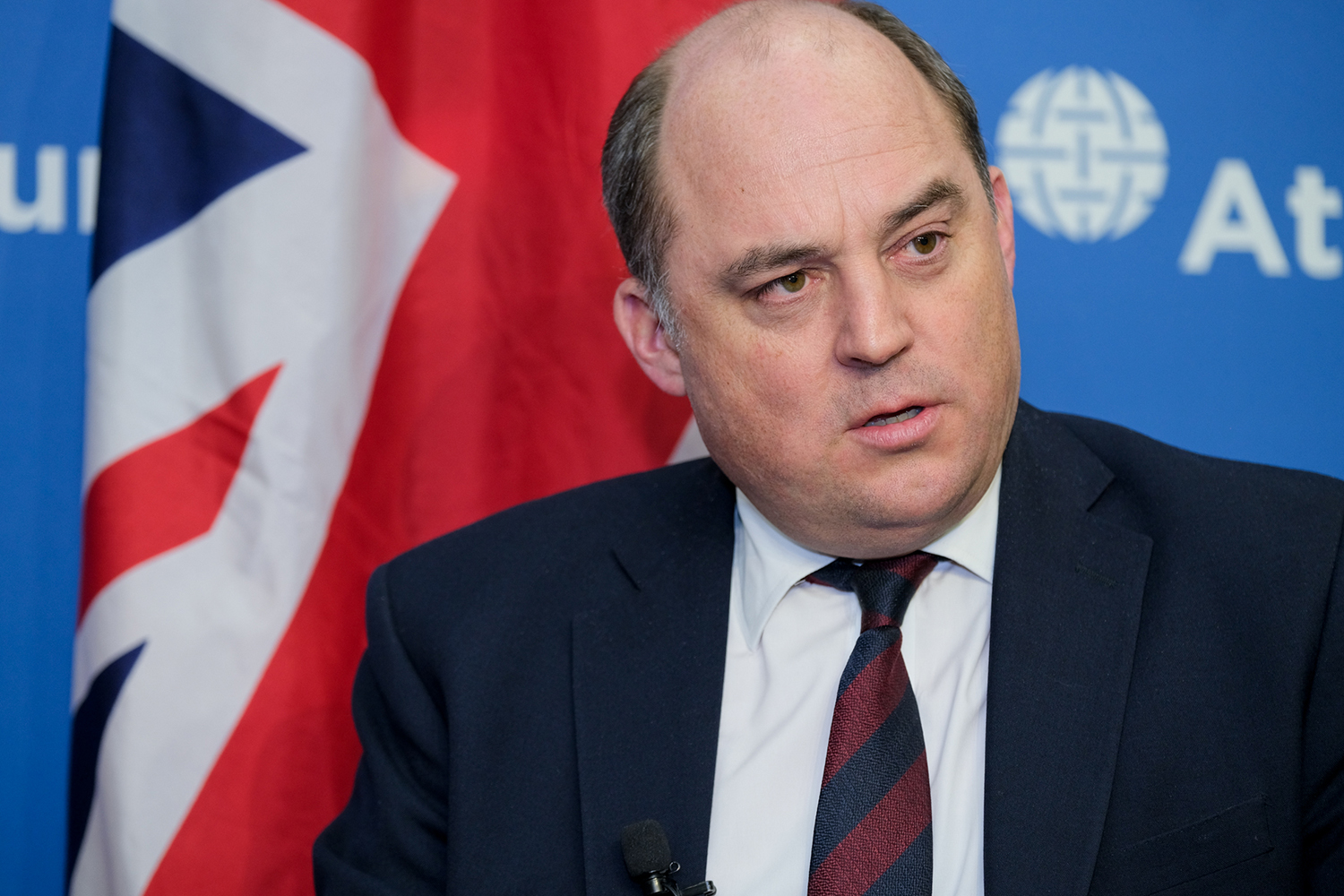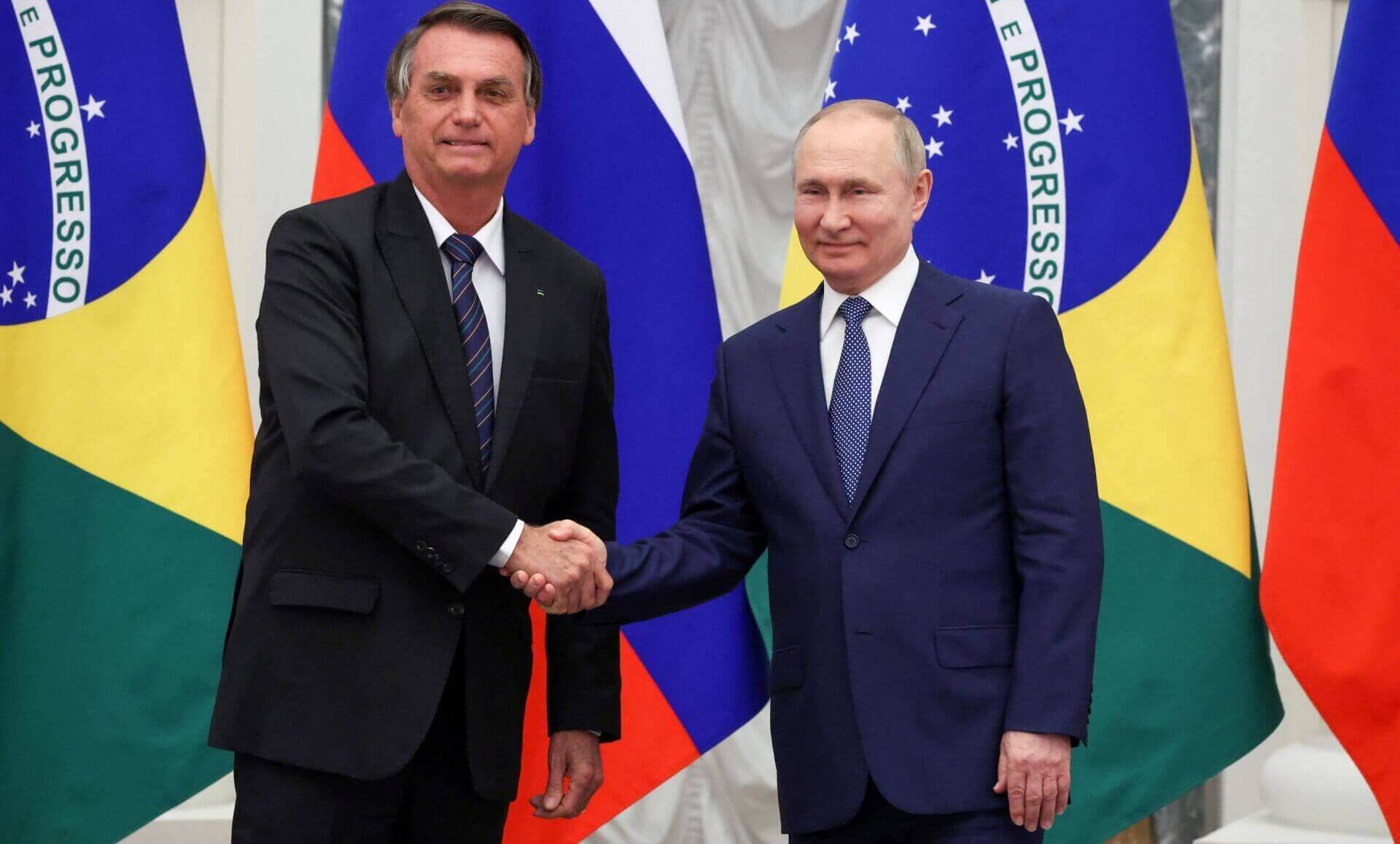South Asia
Sri Lanka is seeking a $2.5 billion line of credit from China to mitigate the effects of high inflation and severe food and fuel shortages. Chinese Ambassador to Sri Lanka Qi Zhenhong said that Beijing is considering the request, which would add to the $2.8 billion that it already provided Sri Lanka with since the onset of the COVID-19 pandemic. India, too, has provided $1.4 billion in support to Sri Lanka since January and approved an additional $1 billion in emergency financial support last week. [The Hindu]
United States Under Secretary for Human Rights Azra Zeya met with Pakistani National Security Adviser Dr. Moeed Yusuf to discuss the humanitarian crisis in Afghanistan. The two leaders stressed on the importance of bilateral action to facilitate peace, security, and economic stability in the country. [Daily Times Pakistan]
Central Asia and the Caucasus
Turkmenistan on Monday became the first Central Asian country to recognise a Taliban-appointed Afghan ambassador—Fasil Mohammad Saber. [ANI]
Armenia’s Investigative Committee on Monday reported that 3,822 Armenian soldiers and civilians died in the 2020 Nagorno-Karabakh war. It added that 187 soldiers and civilians are still missing. The Committee blamed Azerbaijan for committing “gross violations” of international humanitarian law, including the use of banned methods of warfare and indiscriminately targeting peaceful cities and towns. [Armen Press]
East and Southeast Asia
United Nations (UN) human rights investigator Tomas Ojea Quintana called on North Korea on Monday to reopen its borders to international aid workers and food imports. Addressing the UN Human Rights Council, Quintana said that Pyongyang was already grappling with widespread food insecurity prior to the pandemic and that its further self-imposed isolation during the COVID-19 pandemic may have left many facing “hunger and starvation.” He added that only 29% of children aged six months to 23 months receive the minimum acceptable diet. [Channel News Asia]
Outgoing South Korean President Moon Jae-in’s administration said on Monday that President-elect Yoon Suk-yeol’s rush to relocate the presidential office and official residence from the Blue House to the Defence Ministry compound could “create a security vacuum and confusion” at a time when tensions are running high with North Korea. The move is estimated to cost $40 million. [The Straits Times]
Europe
Polish Minister of Climate and Environment Anna Moskwa on Monday emphasised on Warsaw’s need to expedite its goal of energy independence saying, “In connection with the war in Ukraine, we should accelerate the construction of a nuclear power plant in Poland.” The government plans to operationalise modern pressurised water reactors (PWR) by 2033; Moskwa has suggested bringing the plan forward to 2029. [The Warsaw Voice]
On Monday, FrenchForeign Affairs Minister Jean-Yves Le Drian warned the European Union (EU) of a global food crisis amid the Ukraine war. Arriving at an EU foreign ministers meeting in Brussels, Le Drian said, “We must take charge of this new situation quickly.” He added, “It’s the war that’s proving problematic, and that will tomorrow bring with it the risk of famine.” The agriculture ministers of the EU also met on Monday to deliberate on their response to the brewing food crisis. [Politico]
British Home Secretary Priti Patel accused Russia of making hoax calls to several British ministers, including Defence Secretary Ben Wallace. Last week, Wallace reportedly received a “suspicious” call from an individual pretending to be the Ukrainian prime minister. [Politico]
Latin America and the Caribbean
Cuban citizens are waiting for fuel rations at gas stations for hours amid low domestic production, limited refining capacity, an over-reliance on Venezuela, and high global oil prices. There are also severe shortages of food and medicine. [Reuters]
Brazilian news outlet Folha de S.Paulo reported that President Jair Bolsonaro requested Russian President Vladimir Putin’s help with a nuclear submarine project after his government was rebuffed by the United States (US). Brazil is seeking assistance with certifying the fuel that will be used in the submarine’s nuclear reactor and is also facing ‘engineering issues.’ To this end, it previously deployed delegations from the Brazilian Navy to Washington in order to request US assistance. Therefore, Bolsonaro made the decision to ask for Russian help during his recent trip to Moscow. [Folha de S.Paulo]

Middle East and North Africa (MENA)
Egyptian President Abdel Fatah El Sisi, Israeli Prime Minister Naftali Bennett, and Emirati Crown Prince Mohammed bin Zayed met in the Egyptian city of Sharm el-Sheikh on Monday to discuss the ongoing war in Ukraine. They also talked about Iran’s growing military footprint in the Middle East and the ongoing nuclear talks in Vienna between Tehran and world powers. [Associated Press]
The United States (US) has transferred several Patriot anti-missile interceptors to Saudi Arabia as Yemen’s Houthi rebels continue to launch ballistic missile and drone attacks against Saudi cities. The move is also meant to ease tensions over Washington’s apparent reluctance to help the Saudi-led coalition against the Houthis. The two countries are also at odds over the US’ support for restoring the Iran nuclear deal. [Associated Press]
North America
On Monday, lawmakers from the United States (US) Senate commenced the four-day-long confirmation hearing of Supreme Court justice nominee Ketanji Brown Jackson, who is Biden’s first Supreme court pick and will become the first Black Woman to ascend the position. At her hearing, Brown Jackson affirmed her “neutral posture” by saying she will decide cases “without fear or favor,” ahead of anticipated criticism by Republican politicians. [The Washington Post]
In a shift from positive remarks about the Russian government, former United States (US) President Donald Trump on Monday said that if he were in the White House, he would have threatened to send nuclear submarines and planes towards Russia’s coast. Trump has faced a lot of criticism after he called Russian President Vladimir Putin a “genius” for invading Ukraine. [Newsweek]
Oceania
On Tuesday, New Zealand’s Defence Minister, Peeni Henare, signed a ‘letter of intent’ with Fiji that would allow New Zealand to help the Pacific island nation improve its disaster response capabilities, develop a maritime security strategy, and train its soldiers.. Henare travelled to Fiji on Monday to meet with the country’s defence minister, Inia Seruiratu, before travelling to Australia to meet Defence Minister Peter Dutton. [Stuff]
On Monday, the Australian government enacted a new law to bolster the government’s efforts to reduce the spread of false information. Under the new rules, Australia’s media regulators will be able to compel tech giants to share data revealing how they managed the spread of misinformation and disinformation. The government said, “The Australian Communications and Media Authority (ACMA) will also be able to enforce an internet industry code on uncooperative platforms.” [Reuters]
Sub-Saharan Africa
Amid the continued ‘Operation Dudula’ protests in South Africa, wherein demonstrators are demanding that jobs be reserved for citizens, President Cyril Ramaphosa reiterated that anyone who wishes to live in South Africa “must be documented and have the right to be here and work here.” He also pushed back against xenophobic elements within the protests, saying, “As a country founded on tolerance, respect for diversity and non-discrimination, we must never allow ourselves to turn against people who come from beyond our borders.” He remarked, however, that despite incidents of racism against foreign workers, documented or not, employers are responsible for creating these ‘social tensions’ by hiring undocumented foreigners. [South African Government News Agency]
Democratic Republic of Congo (DRC) will be formally inducted into the East African Community (EAC) next week, announced EAC Secretary-General Peter Mathuki. The admission ceremony will be attended by the leaders of Kenya, Tanzania, Uganda, Rwanda, Burundi, and South Sudan. With the addition of the DRC, the EAC will now become a seven-nation intergovernmental bloc that accounts for 280 million people. The DRC shares borders with Tanzania, Burundi, Rwanda, Uganda, and South Sudan. It is thought that DRC’s addition will boost member states’ connectivity to the Atlantic coast and to northern and western Africa. [The East African]

